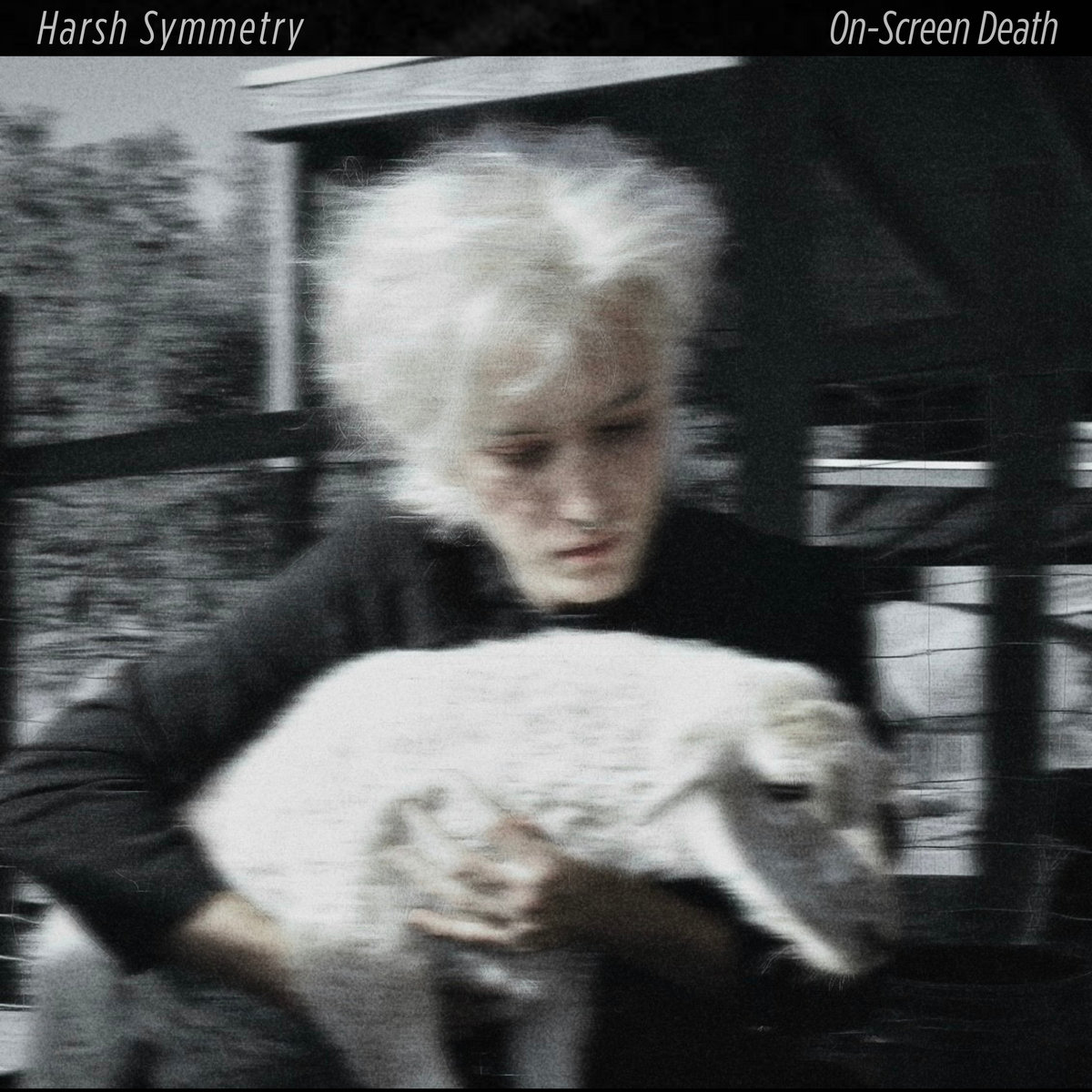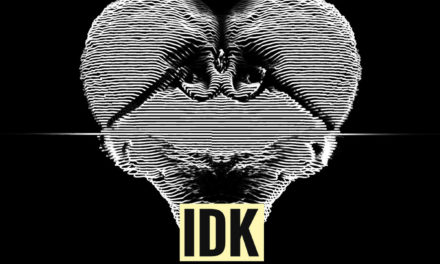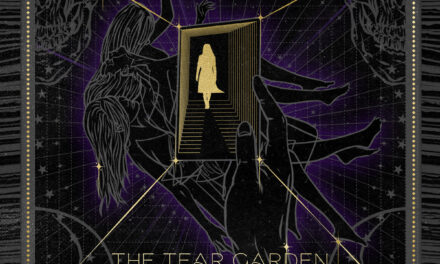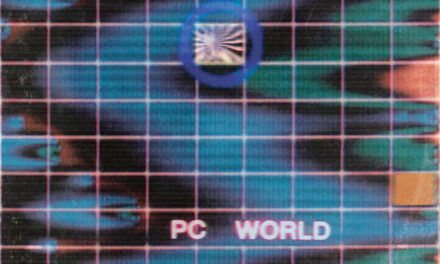
Harsh Symmetry
Harsh Symmetry
self-released
Los Angeles darkwave musician Julian Sharwarko’s Harsh Symmetry has always struck a fine balance between the use of electronics and guitars, with an emphasis on songwriting that dictates the form of any individual track. New album On-Screen Death continues in that vein, featuring both some of the project’s most synth-driven numbers to date, and injecting some unexpected but not unwelcome new dynamics into the band’s moody, overcast sound.
Part of the appeal of Harsh Symmetry has always been how deliberate everything feels; Shawarko’s songs feel very crafted in terms of structure and performance, with programming, guitars and the musician’s own tenor vocals all arranged in tasteful balance with one another. The downside is that can lead to songs feeling a little too mannered, always well executed but sometimes lacking in liveliness. Hence why a cut like the excellent “Quiet Pill” feels like such a nice change of pace; the lovely vocals melodies and bright chiming sounds that are the band’s bread and butter are here, but the outright funky bassline that drives the song injects just the right amount of bounce and groove to make it feel like something entirely new. Similarly, the pre-release single “Fossil Brain” throws some extra syncopation onto the drums, while Shawarko plays his rhythm guitar parts a bit more loosely to create a pocket with the squeaky synth lead.
Even more outlandish for the project is “Virtual Killer”, one of the most purely electronic cuts that Harsh Symmetry has ever released. Heavily leaning on its 16th note bassline and drum machine, it’s rhythm driven in a way that feels distinct in that its closer to the popular electro darkwave club sound. It’s a simple track by Shawarko’s standards, but shows a capacity to do something more thumping, with the record’s closing cut “Black Box (Lost)” taking it further with its grave vocals and scratchy guitar, abandoning ennui for some subtle menace.
At a tight six tracks, On-Screen Death feels almost like a testing ground of sorts, a place for Harsh Symmetry to try out some new ideas and approaches without needing to compromise the structure of a longer LP with too many stylistic change-ups. While it may not be as substantial in terms of pure songcraft as preceding LPs, the novelty of each song gives it plenty for fans to chew on, and a healthy dose of replayability to boot.




